Working in some of the world’s most challenging environments is written into Karri Goeldner Byrne’s job description. As a market systems advisor in the aid sector, she has led economic programming in areas impacted by natural disasters or conflict around the globe, including Bosnia, Somalia, Afghanistan, and Ethiopia.
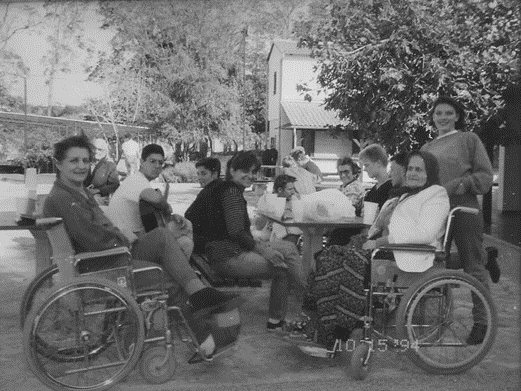
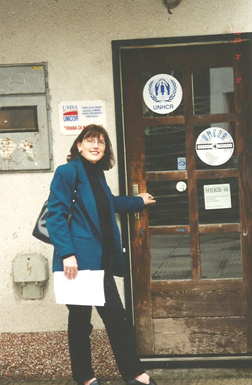
Her first job was with USAID in Washington, D.C., but it wasn’t long before she found herself working for a nonprofit organization in war-torn Bosnia-Herzegovina, where she had once volunteered in a refugee camp. “The job placed me out in the field, face-to-face with farmers, talking through business ideas and ways to sell their products. I was basically a small business counselor. I’m not an agronomist, but my job is to understand how farmers and businesspeople can connect to the market and what the markets are demanding,” shares Karri.
Karri advanced in her career, ultimately managing aid organizations and providing oversight to large, complex economic programming efforts. She is credited with helping to develop the EMMA Toolkit (Emergency Market Mapping and Analysis), now used by humanitarian staff around the globe to assess post-emergency market conditions.
Karri Goeldner Byrne now serves as a senior market systems advisor and resides with her family in Scotland.
Why did you choose to attend the University of Iowa?
I was born in Iowa City when both of my parents were students at the University of Iowa. We moved to Des Moines when I was 12 years old, but I could always recall the wonderful experiences we had in Iowa City. It wasn’t a hard decision to attend the University of Iowa; it provided me the opportunity to experience the community again as an adult. Many people who have been to Iowa City describe it as having a cosmopolitan feel. I completely agree. Iowa City will always be home in my heart.
You’ve had a remarkable career. Where did it begin?
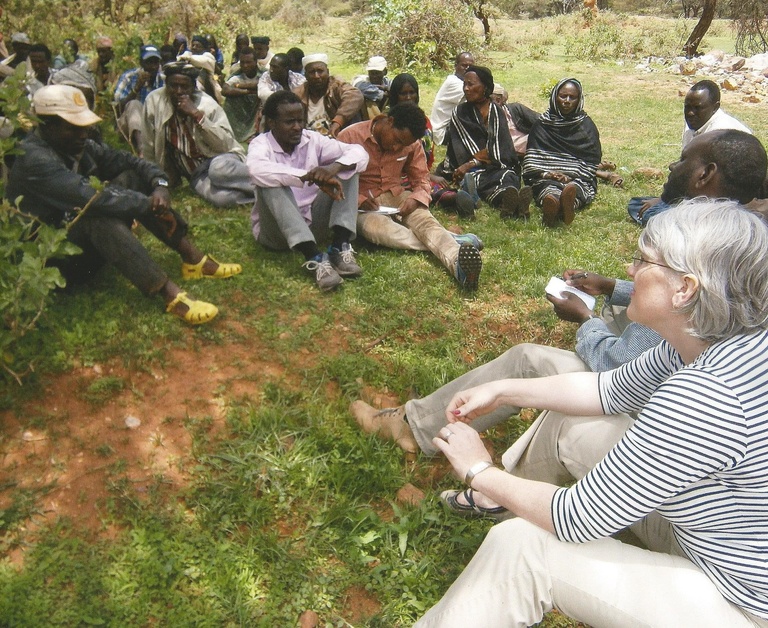
I graduated from the University of Iowa in 1992 with a BA in communication theory, a minor in theater, and a certificate in international business. Following graduation, I went to Washington, D.C., to do an internship at the State Department in the Bureau of International Organizational Affairs. I found my niche in this work, and the experience inspired me to further my education. I decided to move to Brussels and attend Boston University. This is where I obtained my master's degree in international relations with a specialization in international economics.
While a student in Brussels, I reached out to the head of the U.S. Mission to the European Union sharing that I would love to intern in the economic section of the mission. I explained what I believed I could bring to them and also what I hoped to learn. I was awarded the internship. Because my graduate studies were designed so that students could work full time while attending school, I was able to make this internship my full-time job. I would say that was the internship that led me into the career I'm in now.
How has your career evolved?
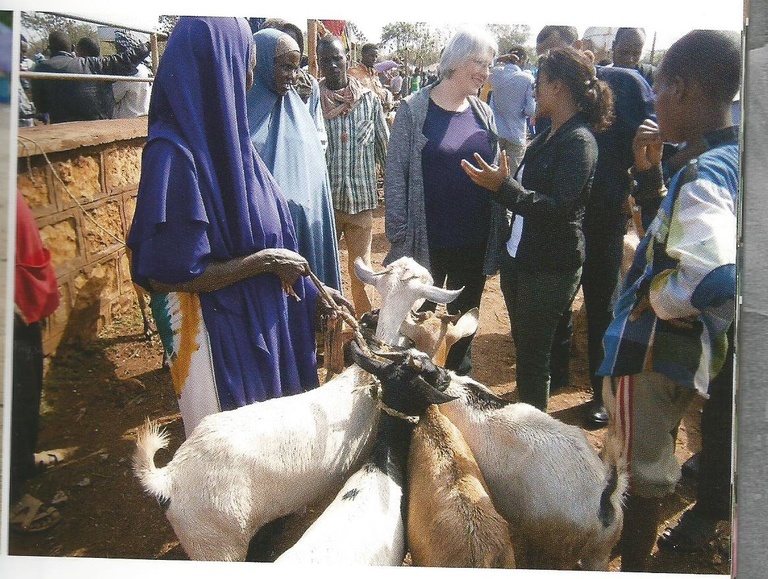
After working in Bosnia, I went back to USAID and began working on Somalia, which led to a focus on working with the private sector in post-conflict areas. I went on to work in many afflicted areas of the world – my favorite was Afghanistan; the mountains are so beautiful and the people are natural entrepreneurs.
In a sense, I've been doing the same thing since my second set of internships. Yet every project is unique. That’s what I love about my career. Even though I’ve been doing the same type of work for years, and I’ve been able to take what I learn from one project and apply it to the next, it’s never exactly the same.
My job has always been to help businesses and farmers get back on their feet. These days I’m still supporting small businesses, but not out in the field, rather as an evaluator or technical support helping to improve programs. I also frequently interact with donors to share what advances are being made.
Is there a particular career accomplishment you’re most proud of?
During my work in Haiti in 2010, I helped develop and pilot the EMMA Toolkit, which helps front-line humanitarian staff assess and better understand local market systems. It lays out a step-by-step process to ensure local resources are used effectively.
Up until then, the humanitarian response meant giving food, medicine, and shelter. Other than that, you weren’t talking about a humanitarian response. The problem with that approach is that you might be undermining the local economy and causing lasting damage to livelihoods and local markets. In Haiti, for example, the earthquake caused massive destruction, but the crops were unaffected. If food aid was brought in, it would have devastated the farmers' ability to sell the beans and the wheat that they were growing, which means they would have no money to replant, which would lead to the need for continued aid.
Markets are a crucial component of how people survive and EMMA was designed to incorporate the local markets when assessing a crisis. This development fundamentally changed the way people think about humanitarian work.
You visited the University of Iowa in 2018 and took time to meet with current students. Why was this important to you?
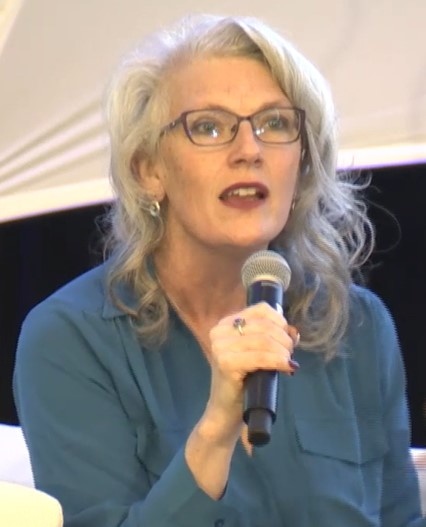
My goal was to share knowledge I’ve gained throughout my career. I wish that I’d had the opportunity to talk to someone, especially someone from Iowa, who I could ask questions, like how to start and navigate careers or how to create opportunities.
I emphasized the value of internships. And afterward, the need to take time to reflect on what they learned, what they liked or disliked. Maybe the internship will solidify current career goals, or maybe it will lead you in a different direction. I came to Iowa focused on becoming a fashion buyer. I participated in a fantastic internship between my junior and senior year at a fashion house in London. When I came back, I realized I had gotten everything out of that career that I wanted to get out of it. I started my senior year trying to figure out which career would build on my interest in international business along with my desire to be creative.
I also emphasized the need to identify what qualities they’re looking for in a business. Do you value their mission? Could you find your purpose there? When going into an interview, I advised students to align what they’ve got to offer with what the business or organization can offer them. The ability to share not only what you can bring to the job, but also articulate what you hope to gain has proven to be very valuable in my career; whether pursuing internships or jobs.
I’m a firm believer you should do what you love. And you have every right to love your work. If you don’t, believe in yourself and go do something else.
linkedin.com/in/karri-goeldner-byrne-822669